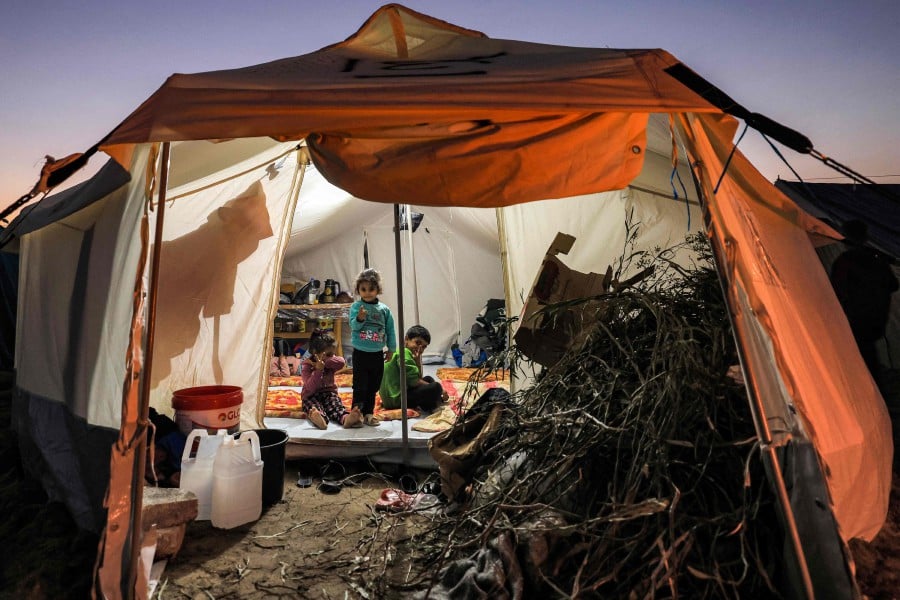THERE is a global boycott of Israeli food products triggered by its war against Palestine.
The most impactful is by the Boycott, Divestment and Sanctions movement, initiated by Palestinian civil society organisations in 2005.
It calls for a boycott of Israeli products, divestment from Israeli companies and sanctions against the Zionist regime.
Consumers avoid buying products labelled "Made in Israel" or produced in occupied territories, and instead opt for alternative products to express their solidarity with Palestinians.
This has not only put economic pressure on Israel but also helped raise awareness about the Palestinian cause.
The movement's success can be attributed to its ability to harness the power of social media and digital activism.
Supporters argue that it has put economic pressure on Israel and forced some companies to reconsider their involvement in the Palestinian occupied territories.
However, a lasting solution to the conflict will require political, diplomatic and social initiatives.
International peace efforts and negotiations will be crucial.
Nevertheless, the boycott movement, along with other forms of activism and diplomacy, is an essential element in raising awareness and maintaining pressure on Israel.
This is a reflection of the power that consumers have in influencing issues.
The movement has emerged as a tool for supporting the Palestinian cause and its efforts must continue.
As the movement evolves and expands, it will remain critical in finding a way out of the conflict, especially towards ending the occupation.
AQILAH KHAIRUNNISA SHAHRULAKMAR
Universiti Sains Islam Malaysia


